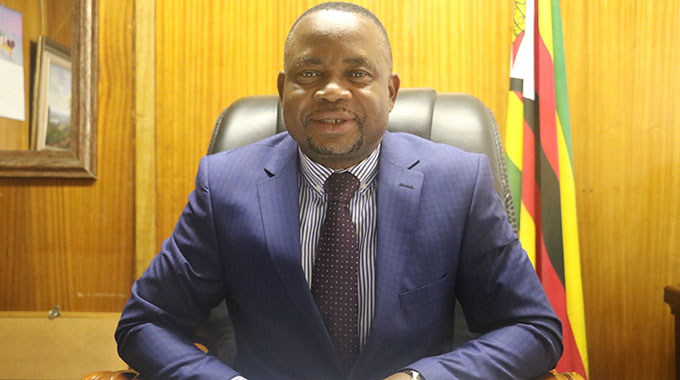Coordinated approach in corruption fight

Mukudzei Chingwere
Herald Reporter
The National Anti-Corruption Strategy Steering Committee chaired by Zimbabwe Anti-Corruption Commission (ZACC) chair Justice Loyce Matanda-Moyo, held its second meeting last week and resolved to improve coordination amongst law enforcement agencies in the fight against graft.
The 33-member committee includes, government ministers, heads of law enforcement agents, Parliament, the office of the President and Cabinet, business leaders, religious leaders, employers and employees.
The high powered committee is President Mnangagwa’s initiative to build consensus and ownership in the fight against corruption.
At last week engagement, members resolved a number of issues, notably enhanced collaboration of the Police, ZACC and Special Anti-Corruption Unit (SACU).
According to a statement released by ZACC spokesperson Commissioner John Makamure the meeting resolved to have, “better coordination of corruption investigations by law enforcement agencies” with ZACC taking the lead in the coordination of the efforts.
“(They) welcomed the current review of Court rules in order to ensure corruption cases are finalised within a specified period. (that) Citizen awareness in the fight against corruption be taken to all corners of the country, corruption awareness must start from the home and at kindergarten level, and that adequate resources be availed for this massive public education/awareness exercise.”
The Ministry of Higher Education was tasked to collaborate with ZACC in the training of trainers involved in conducting training on anti-corruption at tertiary levels.
They also agreed that an integrity pledge be adopted for the public and private sectors, political parties, and Members of Parliament and also “enactment and enforcement of whistle-blower legislation be speeded up. Legislation should also take into account integrity of whistle-blowers.
“Accelerate asset recovery through strengthening mutual legal assistance and domestic legislation on money laundering which must include ZACC and ZRP as some of the law enforcement authorities on unexplained wealth orders.”
The meeting also received reports and approved the work plans of the six National Anti-Corruption Strategy (NACS) sub-committees, which will drive implementation of actions and activities.
The Strategy will run for the period 2020 to 2024, and the six sub-committees cover citizen awareness and empowerment in the fight against corruption, strengthening institutions of deterrence and law enforcement.
Ensure protection of whistle-blowers and victims of corruption, thereby encouraging active participation in anti-corruption efforts by members of the public, recover assets and proceeds from corruption crimes, and compensate damages inflicted on the state and corruption victims (individuals or institutions).
Increase public demand for transparency and accountability and rejection of corruption in government offices, ministries, agencies and State-Owned Enterprises (SOEs)/parastatals, public institutions, media houses and the private sector and increased level of political parties’ transparency, political will and accountability.








Comments